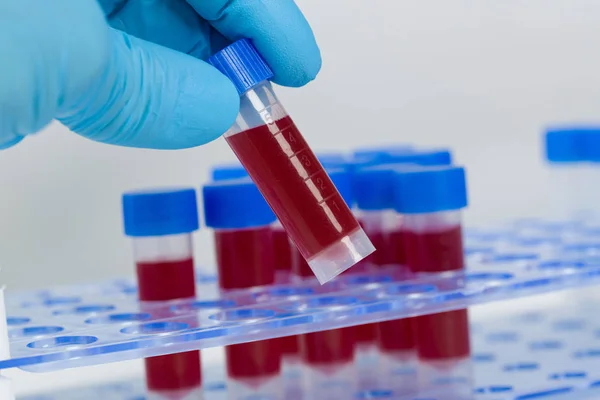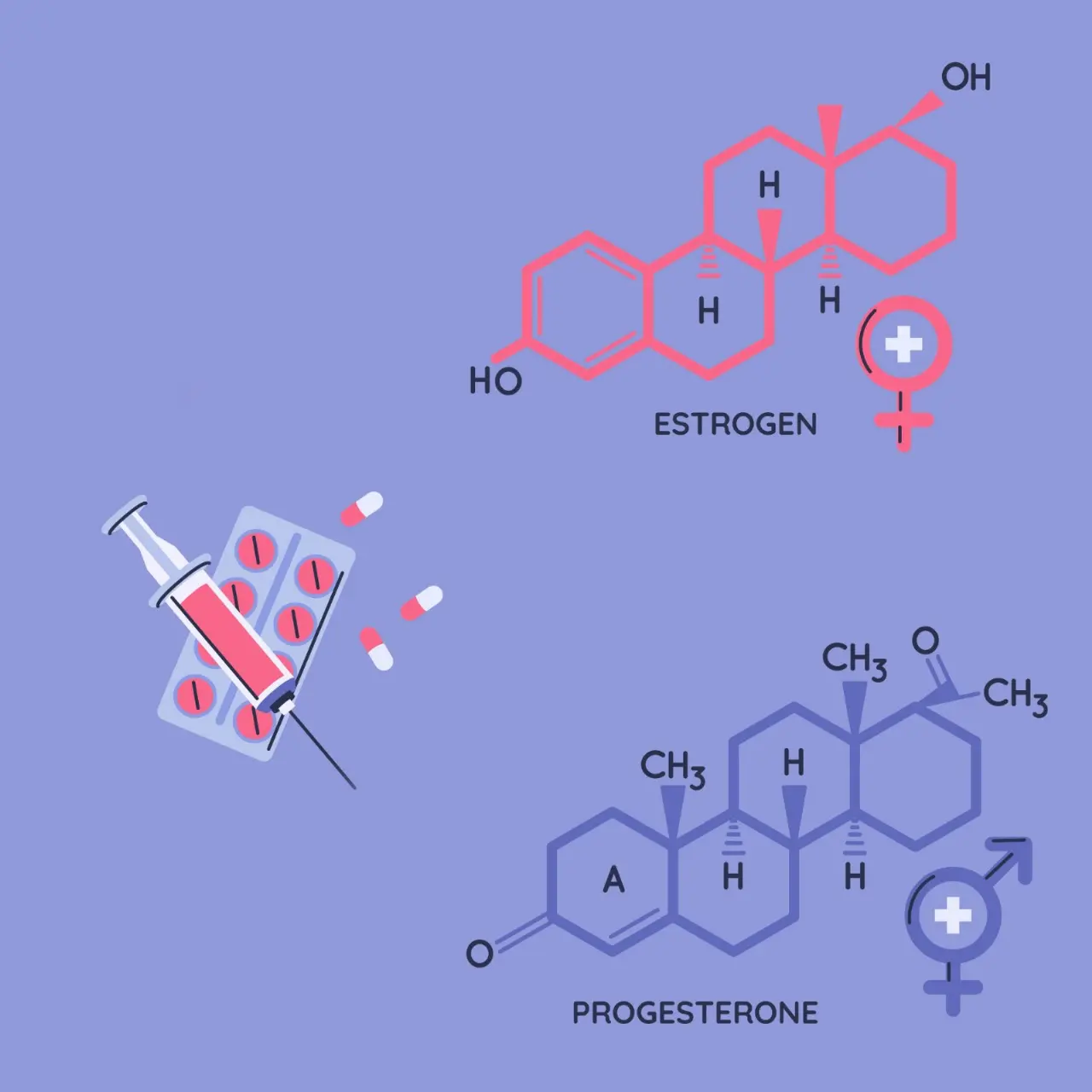
Chemotherapy remains one of the primary treatments for cancer, effective in destroying cancer cells and controlling disease progression. However, its powerful nature means that it also comes with a number of side effects, one of the most significant being its effect on patients’ energy levels. Often referred to as chemotherapy-associated fatigue, this effect can seriously affect patients’ quality of life, limiting their ability to perform daily activities and enjoy life. In this article, we will look at how chemotherapy affects energy levels, the mechanisms underlying this fatigue, and strategies patients can employ to mitigate these effects.
Understanding fatigue caused by chemotherapy
Chemotherapy-induced fatigue is a widespread and debilitating side effect experienced by many cancer patients undergoing treatment. Unlike regular tiredness, this fatigue doesn’t always go away with rest and can be disproportionate to recent activity levels. It’s described as a whole-body tiredness that can impact physical, mental, and emotional well-being.
What disorders can chemotherapy cause?
While the exact cause of chemotherapy-related fatigue is multifaceted and not fully understood, several mechanisms are believed to contribute to this phenomenon:
- Toxicity to Healthy Cells: Chemotherapy targets rapidly dividing cancer cells, but it can also affect the division of healthy cells, leading to overall body weakness and fatigue.
- Immune System Response: The body’s immune response to chemotherapy and the cancer itself can lead to inflammation, which is associated with fatigue.
- Anemia: Chemotherapy can lead to reduced red blood cell counts (anemia), diminishing oxygen supply to tissues and resulting in tiredness.
- Hormonal Changes: Treatment can affect the levels of hormones that regulate energy, contributing to feelings of fatigue.
- Nutritional Deficiencies: Difficulty in maintaining a balanced diet during chemotherapy, due to side effects like nausea and loss of appetite, can result in deficiencies that drain energy levels.
Conclusion
Chemotherapy-induced fatigue profoundly impacts patients, but by understanding its roots and implementing comprehensive strategies to manage it, its effects can be significantly reduced. Patients should work closely with their healthcare team to develop personalized strategies that address their specific needs and challenges. Through a combination of lifestyle adjustments, medical interventions, and support, it’s possible for patients to enhance their energy levels and improve their quality of life during this challenging time.





